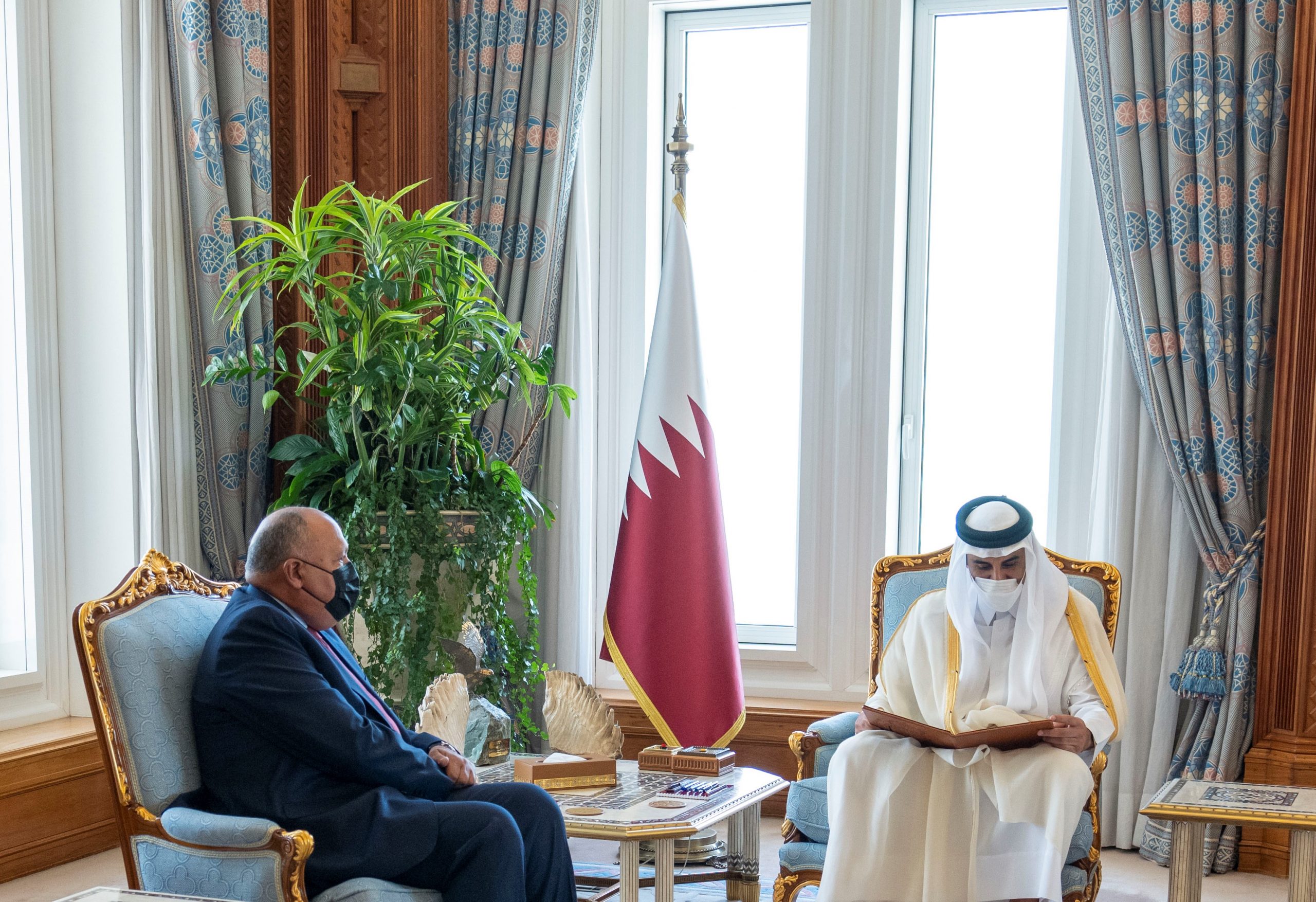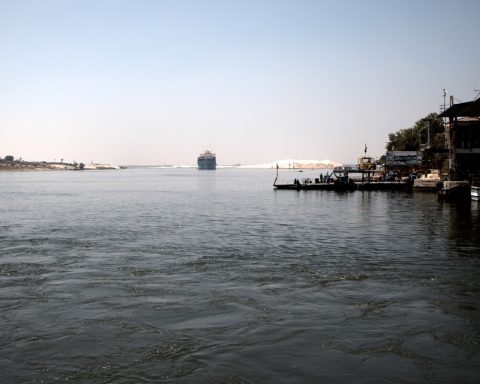Unlike the multiple crises witnessed in the pre-al-Ula period, the bilateral relations between Qatar and Egypt are improving at an accelerating pace. In this sense, as part of the latest move in this process, Qatar’s Emir Sheikh Tamim bin Hamad al-Thani has appointed Salem bin Mubarak Al-Shafi as the Ambassador to Egypt on July 29. Al-Shafi will be the first Qatari ambassador in Egypt after a three-year strife that resulted in the two countries severing their diplomatic ties.
After this development, it was reported that Al Jazeera has started to broadcast live from Egypt on Saturday which addresses the latest step in improving Qatari-Egyptian relations since the two countries reconciled in January. Al Jazeera was shut down in 2013 by an Egyptian judicial decision following a raid that resulted in the imprisonment of numerous journalists. The closure of Al Jazeera was also one of the issues of the list of 13 demands that were intended to be imposed on Qatar by Egypt, Saudi Arabia, Bahrain, and the United Arab Emirates.
These are the latest headlines in improving relations between two countries. This process has started just after the signing of the Al-Ula Declaration at the 41st Gulf Cooperation Council (GCC) summit on January 5, which resolved a three-year disagreement between Egypt, Saudi Arabia, Bahrain, and the United Arab Emirates against Qatar.
Just a couple of hours after the signing of the declaration, Qatari Finance Minister Ali Al Emadi attended the inauguration of the St. Regis Hotel in Cairo. This luxury hotel was completed by the Qatari Diar Real Estate Investment Company with an investment of $1.3 billion. Since the start of the crisis in 2017, Al-Emadi became the first official to board a Qatari plane that has crossed Saudi and Egyptian airspace, flying directly from Doha to Cairo. The Qatari minister’s visit to Egypt was also the first in nearly three years by a Qatari official. This was the first sign of the following rapid economic and diplomatic normalization between Qatar and Egypt.
On January 20, the Egyptian Ministry of Foreign Affairs announced that Qatar and Egypt agreed to resume diplomatic relations within the framework of Al-Ula Declaration. One month later, the delegations from the two countries held talks in Kuwait to determine the pathway regarding the normalization process. “The two sides welcomed measures each has taken since signing the Al-Ula Declaration, as a step on the path of building confidence between the two fraternal countries,” said the statement after the meeting.
On May 25, Qatari Foreign Minister Mohammad bin Abdulrahman Al Thani visited Cairo where he met with his Egyptian counterpart Sameh Shoukry as well as President Abdel Fattah el-Sisi. The President’s office issued a statement after the meeting stating that the two sides agreed on “intensifying joint consultation and coordination.” Foreign Minister Al Thani also handed over a letter from Qatar’s Emir Sheikh Tamim bin Hamad Al Thani to El-Sisi, inviting him to visit Doha.
On June 15, Egyptian Foreign Minister Sameh Shoukry arrived in the Qatari capital Doha where he held talks with his Qatari counterpart Sheikh Mohammed bin Abdulrahman Al Thani. During the meeting, both ministers highlighted the importance of coordinating regional efforts to reach sustainable solutions that would ensure security and stability in the region. The Egyptian Foreign Minister was also received by the Qatari Emir Tamim bin Hamad Al Thani. During the meeting, Shoukry delivered a letter written by Egyptian President Abdel Fattah el-Sisi, inviting the Qatari Emir to Cairo.
On June 23, following Riyadh’s appointment of its own ambassador in Doha, Egyptian President Abdel Fattah El-Sisi named Amr el-Sherbiny as its Ambassador to Qatar.
All of these signs indicate that Qatar and Egypt’s relations are quickly improving. Reciprocal ambassador appointments and visits are the crucial indicators of this. In this sense, it can be expected that the bilateral economic and diplomatic relations will continue in the same trajectory.













